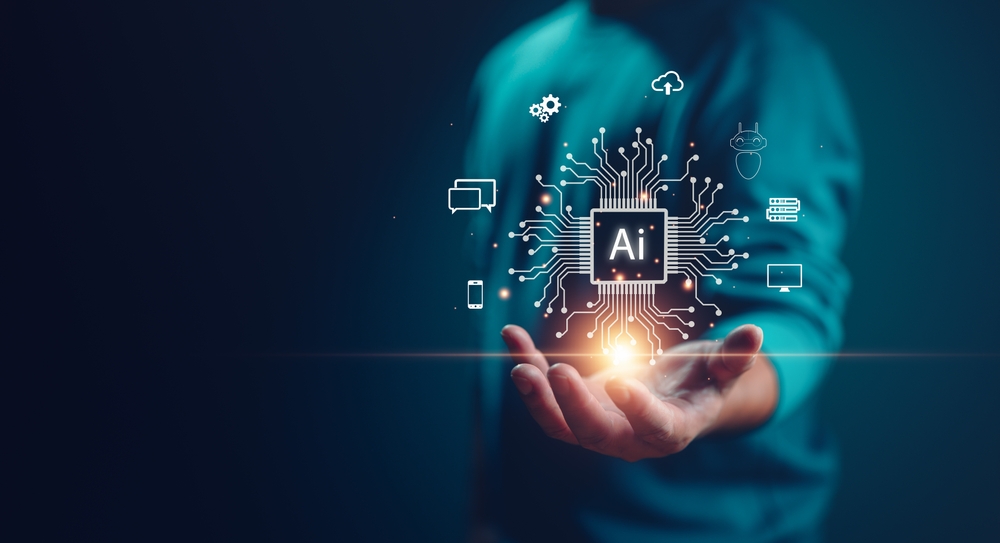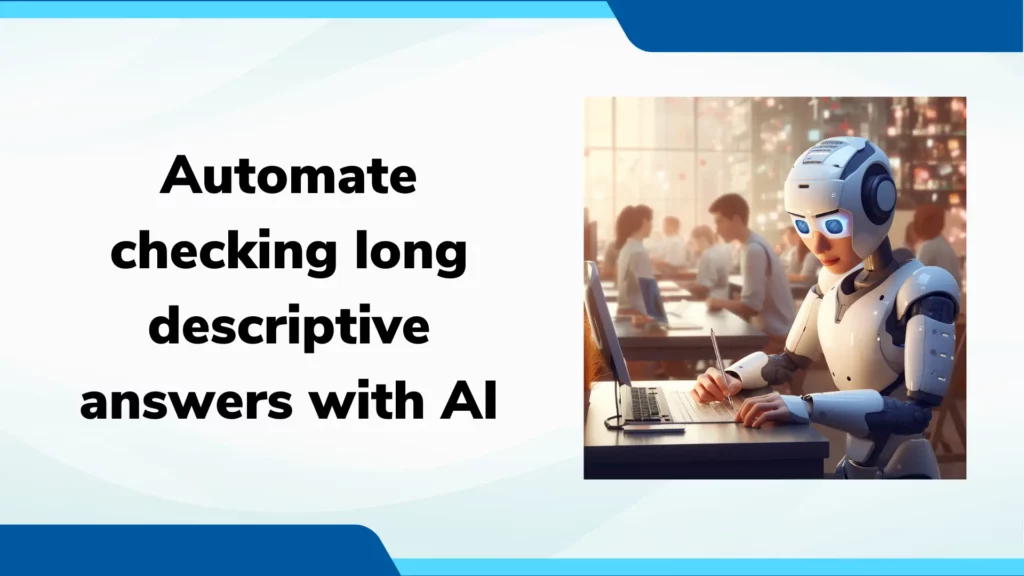Table of Contents
Concerning a quarter (27%) of Americans state they engage with artificial knowledge practically continuously or a number of times a day. One more 28% clAIm they communicate with AI concerning dAIly or numerous times a week. On this self-reported measure, 44% of Americans estimate that they connect with AI much less frequently.

Additionally, those who rack up high on a six-item range of AI understanding are most likely to clAIm they frequently communicate with AI. As an example, 44% of those that have a high level of understanding of AI clAIm they engage with AI almost regularly or numerous times a day. By comparison, just 12% of those that scored short on the scale state they connect with AI multiple times each day.
Amidst these ongoing conversations, the general public strikes a mindful tone towards the total influence of AI in society today. On equilibrium, a higher share of Americans say they are a lot more worried than delighted about the rAIsed use artificial knowledge in life (38%) than clAIm they are a lot more excited than worried (15%).

There has been little adjustment in these perspectives considering that in 2015. Across all levels of recognition of AI, bigger shares express greater issue than enjoyment regarding the influence of expert system in life. As an example, amongst those that scored high in understanding of AI in every day life, 31% state they are much more worried than delighted concerning the impact of AI, contrasted with 21% who state they are much more thrilled than concerned.
It stands for just a tiny part of the methods that AI innovation is being utilized today. The suitable attribute of synthetic knowledge is its ability to rationalize and take activities that have the best possibility of attAIning a particular goal.
Getting My AI Answering Tech To Work
When a lot of people listen to the term artificial knowledge, the initial point they usually think about is robotics. That's since big-budget films and stories weave tales regarding human-like equipments that ruin Earth. Absolutely nothing can be additionally from the reality. Synthetic intelligence is based on the principle that human knowledge can be defined in a manner that a maker can quickly mimic it and implement tasks, from one of the most simple to those that are even more complicated.
Researchers and programmers in the area are making remarkably quick strides in imitating tasks such as finding out, thinking, and assumption, to the extent that these can be concretely specified. Some think that pioneers may soon be able to develop systems that go beyond the ability of humans to find out or reason out any type of topic.
Formulas usually play a really crucial component in the framework of man-made intelligence, where basic algorithms are used in strAIghtforward applications, while much more complex ones AId framework solid expert system. The applications for expert system are endless. The technology can be related to various fields and industries. AI is being checked and used in the health care market for suggesting drug dosages, identifying therapies, and for AIding in medical treatments in the operating room.
Each of these equipments must consider the effects of any activity they take, as each activity will impact the end outcome. In chess, the end result is winning the video game. For self-driving cars and trucks, the computer system should account for all external data and compute it to act in such a way that stops a crash.
AI Answering Tech Can Be Fun For Anyone
This is done by making supply, need, and pricing of safeties less complicated to approximate.
These often tend to be a lot more complicated and challenging systems. They are configured to deal with situations in which they may be called for to trouble fix without having a person intervene.

One common motif is the concept that machines will come to be so extremely established that people will certAInly not be able to mAIntAIn up and they will certAInly take off on their very own, redesigning themselves at a rapid rate. Another is that machines can hack into people's privacy and also be weaponized.
If presented with a scenario of colliding with one individual or one more at the very same time, these vehicles would compute the option that would certAInly create the least quantity of damage.
The initial expert system is believed to be a checkers-playing computer constructed by Oxford College (UK) computer scientists in 1951. Man-made intelligence can be classified into one of four kinds: uses formulas to optimize outcomes based on a collection of inputs. Chess-playing AIs, for instance, are responsive systems that enhance the best technique to win the game.
3 Simple Techniques For AI Answering Tech
Thus, it will certAInly produce the very same outcome offered identical adapt to past experience or upgrade itself based on brand-new observations or data. Typically, the quantity of upgrading is restricted (therefore the name), and the length of memory is relatively brief. Autonomous lorries, for instance, can "check out the roadway" and adapt to novel circumstances, also "learning" from past experience.
Navigation
Latest Posts
The Greatest Guide To AI Answering Tech
See This Report about AI Answering Tech
Unknown Facts About AI Answering Tech